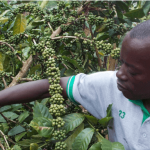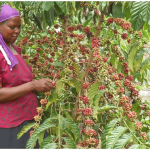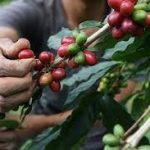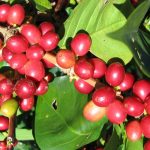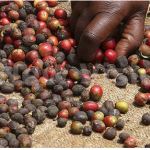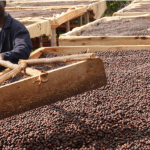Given the crop’s importance to our economy, coffee growing, post-harvest management, and marketing ought to be fused in the school curriculum, examined at PLE and both O and A levels
In recent years, many of our leaders have been touring the coffee-growing regions of the country encouraging more farmers to grow the crop. They have also donated coffee plantlets to those interested amidst criticism that the gesture could be voter bribery especially as this has often preceded general elections.
About 1.5 million households in Uganda depend on coffee for income, directly or indirectly. It is the country’s leading commercial agricultural commodity, accounting for nearly 20 per cent of the value of all exports.
Gerald Ssendaula, chairman of Nucafe (National Union of Coffee Agribusiness and Farmers Enterprises) and former Minister of Finance, has said that if Uganda produced all the coffee it is potentially capable of, it would be in a position to fully finance its national budget.
Tress Bucyanayandi, Minister of Agriculture, Animal Industry and Fisheries, has described coffee as the most widely traded tropical agricultural commodity in international trade.
Take advantage
Due to their geographical location, the industrialised countries in Europe and America do not grow the crop but they are its greatest consumers. They buy it in raw material form and turn it into instant and soluble powder for consumption at the dining table.
Uganda is one of the few countries in the world that produce a crop that the rich countries do not grow. It is a position we should take advantage of.
Apart from struggling to increase coffee production at farm level what else are we doing to ensure that we own the crop and actually decide its cost price? What are we doing to ensure that we out-compete the other coffee producing countries in terms of quantity and quality?
A quick survey across the coffee-growing regions indicates that most farmers dry it on the bare ground where it quickly picks up dirt. Others pick green coffee and store it in unhygienic conditions that cause it to malt.
The ordinary coffee farmer today needs more education in post-harvest management of the crop than free plantlets. Given the crop’s importance to our economy, coffee growing, post-harvest management, and marketing ought to be fused in the school curriculum, examined at PLE and both O and A levels.
Form Daily Monitor

